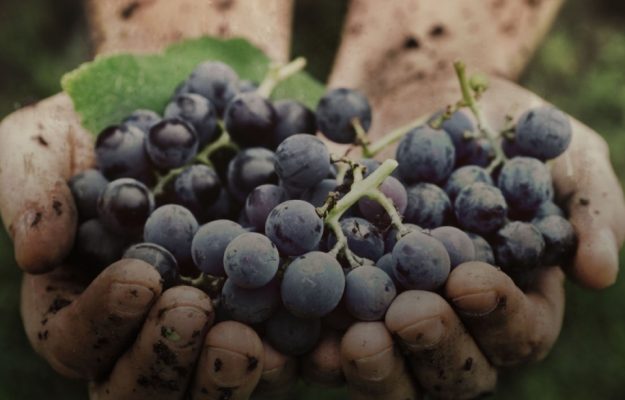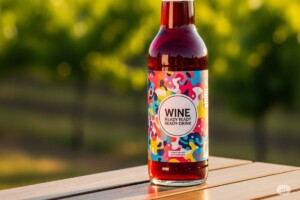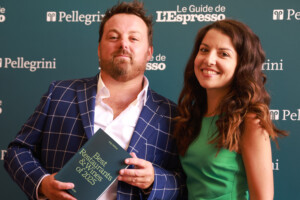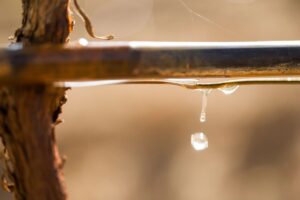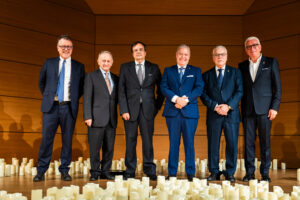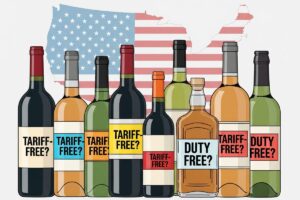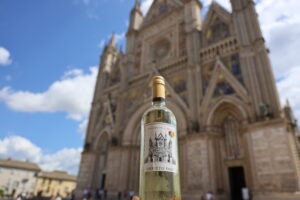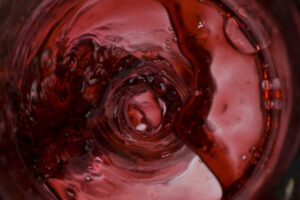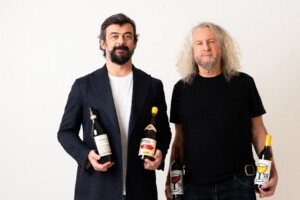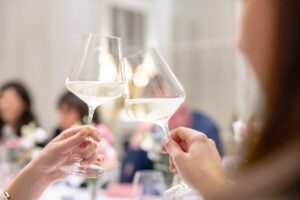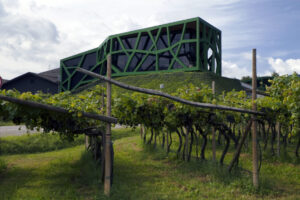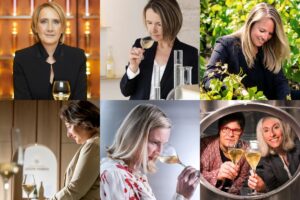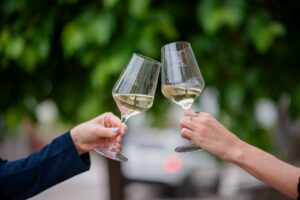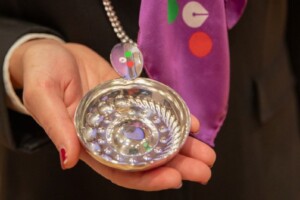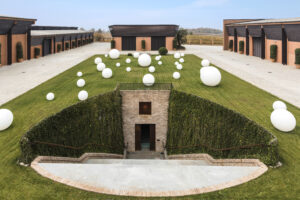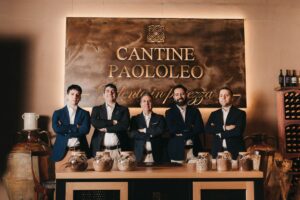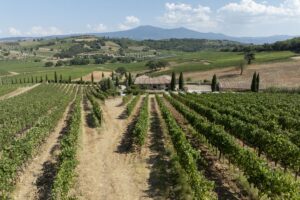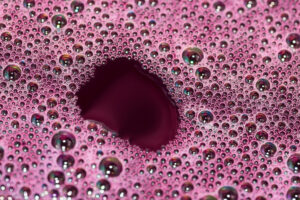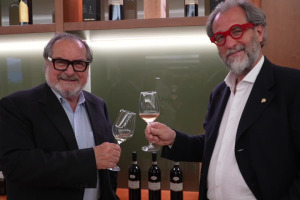The theme of natural wines has been triggering heated debates for many years. Discussions always start with its terminology, especially when comparing natural wines to other typologies, such as conventional wines, unconventional wines, traditional wines, and classic wines. And, therefore, the opinions in the international wine community on the correct terminology to use are noticeably conflicting. The OIV - International Organization of Vine and Wine, and only for the sake of convenience, has chosen to compare the so-called “natural wines” with “classic wines”, and has placed this as the central theme of the online seminar, “Understanding the phenomenon of natural wines”. The seminar included the participation of Jamie Goode, wine writer for “The Sunday Express”, Luigi Moio, professor of Oenology at the University of Naples and vice-president of the OIV, Christelle Pineau, researcher in social anthropology and ethnology, Natalie Christensen, one of the most influential oenologists in the world, and Jaques Dupont, one of the most respected wine writers and journalists in France, and the seminar was moderated by the head of the Oenology Unit of the International Organization of Vine and Wine (OIV), Guido Baldeschi. Starting from the end, two different philosophies and perspectives surfaced in the seminar. This demonstrated that many wine producers as well as players in the sector, whether or not they come from the natural wine movement, are looking in the same direction; which is, minimal interventions to obtain maximum purity. In addition to production methods, the seminar shed light on the expectations of wine lovers as well as their consumption experiences when they indulge in a glass of wine. The social aspect is fundamental in the debate that rotates around natural wine. The passion for wine, as a matter of fact, manages to bring people from all over the world together, even in these very challenging moments we are experiencing now. Therefore, even more than philosophy, the search for greater purity is a definite asset for wine.
Let’s return now to the debate. Christelle Pineau began the webinar with her speech, and outlined a detailed anthropological panorama, emphasizing that even within the so-called “natural wine movement”, the possible definitions are extremely diverse. Jacques Dupont acknowledged the “desire for a return to nature and purity of the origins”, while admitting that there is still quite a bit of confusion among consumers, who are not always capable of distinguishing natural wines from organic wines. The main difficulty lies in the fact that people, in general, do not have an precise notion of what natural wine is. Natalie Christensen spoke of the “growing interest in natural productions in the southern hemisphere. New Zealand is a country that is very open to innovation, and its population is constantly looking for new things, and this is above all, thanks to the fact that a substantial number of the younger generations are in the wine sector”. Considering a possible globalization of taste, which could have determined the popularity of natural wine, Luigi Moio argued that the strength of wine lies precisely in its diversity. “There are, obviously, international varieties such as Merlot and Chardonnay but, beyond these, people are looking for specific wines, regional wines. The importance attributed to the terroir, today, guarantees an even greater diversity than in the past”. Jamie Goode underlined the general tendency to leave stereotypes behind, because “in terms of natural wines, the most important element is not the variety, but rather, the territory”.
The question of taste was central in the discussion on natural wines. The head of OIV’s “Enology” Unit, Guido Baldeschi, explained as follows, “the concept of vivacity and freshness in natural wines derives from the fact that the living part is not blocked during vinification, and not until bottling”. Even though, as Luigi Moio pointed out, “natural wines can in many cases be oxidized, it is an eventuality that should be avoided”. As for tasting methods, Jacques Dupont stated that wine critics should not be aware of the production philosophy before the wine has been tasted and evaluated, since “blind tasting a wine allows for an appreciation free from preconceptions”. In his opinion, “to produce high quality natural wine it is necessary to have in-depth knowledge”. Jamie Goode emphasized instead that “the discriminating threshold between the subjectivity of taste and the norm, varies from person to person”. The question, then, is this: upon what basis can it be established that a wine is defective or not, or, whether the taste of mouse or horse sweat should be considered a distinctive sign or a defect?
Speaking instead about production methods, and thus, the addition of sulphites during the vinification phase, Natalie Christensen indicated the risks and benefits of not using them. In her opinion, when SO2 is not used, it is possible to obtain a wine with new aromas, not otherwise perceptible. But, on the other hand, “producing wine without SO2 can be a risk for the company, even if some would say, “nothing ventured, nothing gained”. As Guido Baldeschi explained, sulfur dioxide has an antioxidant and antimicrobial action and therefore allows the wine to age. Regarding the concept of “aging wine” and “aged wine” as far as natural wines are concerned, according to Jamie Goode “in natural wines some aging notes can be identified early on”. However, it is not possible to say this with certainty, as natural wines are mainly consumed young.
In this regard, Luigi Moio explained in his latest book, “The breath of wine”, that “a selected yeast has nothing chemical” and that “an indigenous yeast present in the grapes or in the winery does not know its role in alcoholic fermentation”. This is the reason that criticisms directed at modern technologies are not justified, because “knowledge of microbiology is essential, not so much as a function of a specific intervention, but to favor the fermentation processes”. If there is one aspect that is questioned about natural wines, it is the concept of “denomination”. As Jacques Dupont said, “the denomination system was created to combat fraud, it is not a guarantee in terms of taste, but a certificate of origin. Consumer tastes are constantly evolving and it is necessary to open the doors to different styles of wine”.
Copyright © 2000/2025
Contatti: info@winenews.it
Seguici anche su Twitter: @WineNewsIt
Seguici anche su Facebook: @winenewsit
Questo articolo è tratto dall'archivio di WineNews - Tutti i diritti riservati - Copyright © 2000/2025










